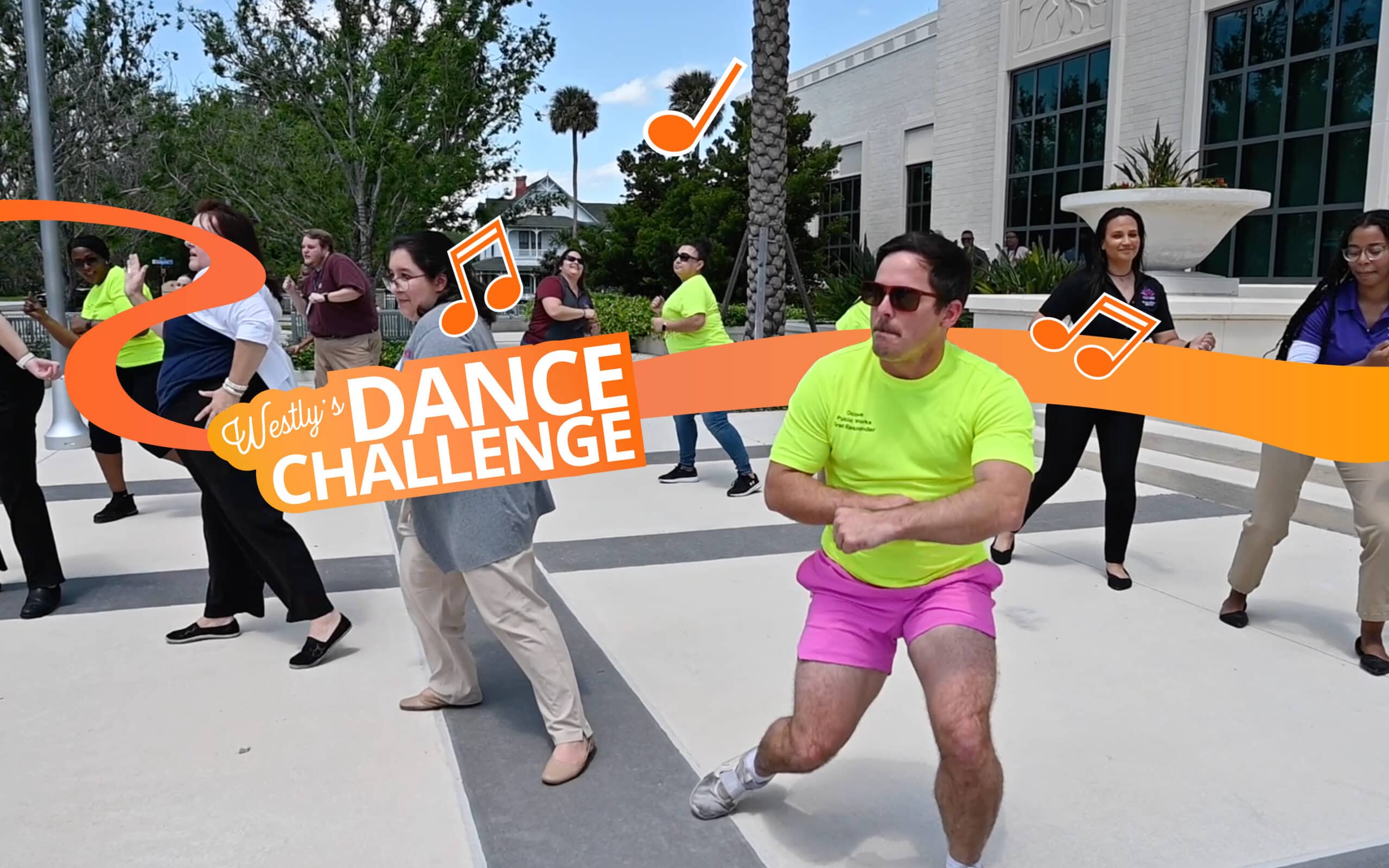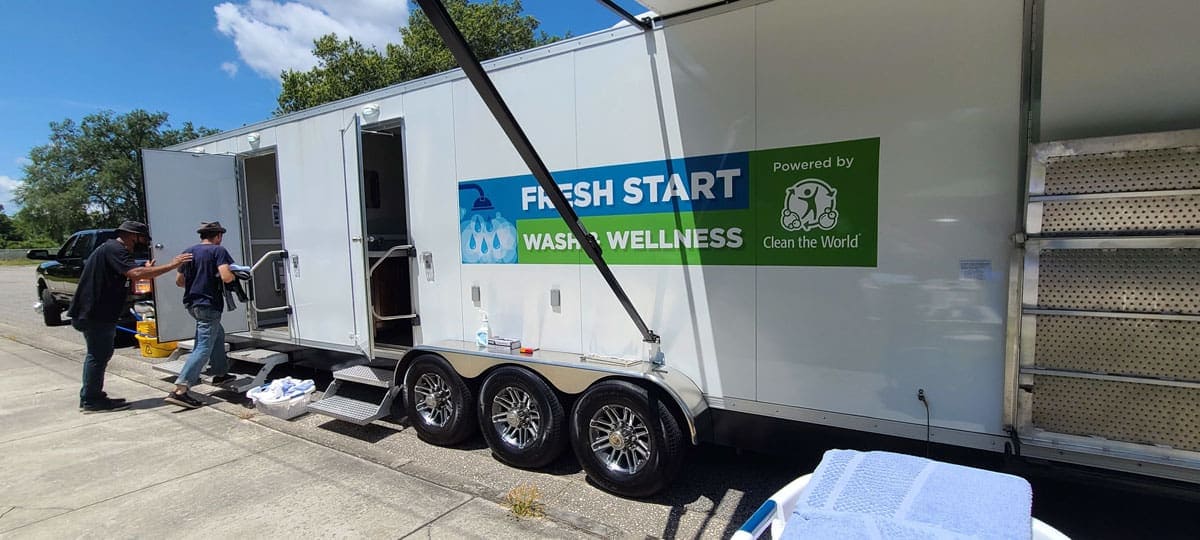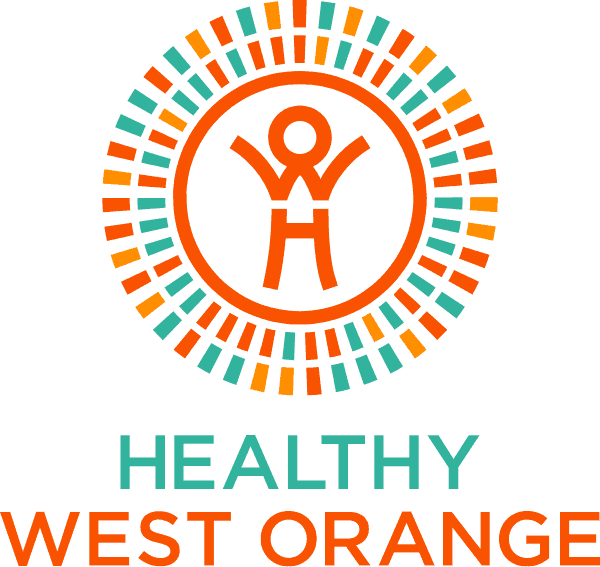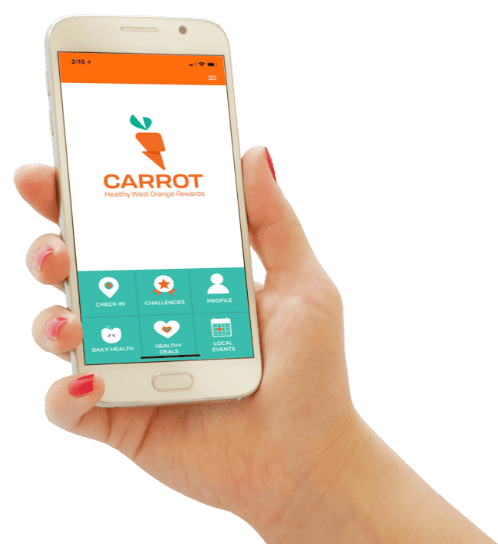9 Simple Ways to Make Vaccines Less Stressful

Taking the Stress Out of Vaccinations
Vaccination is one of the best ways parents can protect infants, children and teens from 16 potentially harmful diseases. Vaccine-preventable diseases can be very serious, may require hospitalization, or even be deadly – especially in infants and young children.
Information courtesy of the CDC.
1. Read Up
Take a moment to read this helpful document before your visit, and read any vaccine information provided by your healthcare professional. Your healthcare professional should have helpful information and can describe possible side effects your child may experience. You can also find credible information on this CDC website. The more informed you are about vaccinations, the better you may feel.
2. Bring Their Favorite Things
Whether it’s a toy, a cuddly blanket, or a familiar book, use your baby’s favorite things to keep your baby’s mind off of what’s going on and let your baby focus on something comforting instead. Make sure to check with your doctor before bringing items into the room with you.
3. Offer a Sweet Drink
Here’s a sweet tip to distract your child and it may even reduce your child’s pain response. If your child is older than six months, offering a sweet beverage, like juice, may help soothe your child. If your baby is breastfeeding, that may be a great way to help calm and relax your child.
4. Be Honest
Kids are super smart. Take some time to explain in simple terms what to expect. Explain that your child may feel a little pinch and it will go away very fast. Even if your baby can’t understand you just yet, your calming, reassuring voice will make your baby feel more at ease. Never tell scary stories about shots or make threats about shots.
5. Be Happy & Calm
A smile goes a long way, especially between parents and their children. Children often take their parents’ moods into account when experiencing the world around them. Hugs, cuddles, soft whispers, and a calm, reassuring attitude will help ease children through the vaccination process. Remain upbeat and relaxed before, during, and especially after shots. Let your child know everything is ok.
6. Distract Your Child
Parents are the masters of distraction—use this skill! Pick a careful time to call your child’s name right before the shot, sing your child’s favorite song, or just act plain silly to pull your child’s attention away from the shot giver. Keep the distraction going after vaccine is given.
7. Swaddle Your Baby
Swaddling is a great technique to calm young infants. Swaddling involves wrapping your child’s arms, body, and legs all together in a blanket or cloth. The wrap should be comfortable but firm. Swaddling mimics conditions in the womb, reminding your baby of before they were born and putting them more at ease.
8. Big Kids Need Support, Too
If your child is older, you can take deep breaths with them to help “blow out” the pain. Have them imagine the pain is leaving their mouth as they breathe out. You also can point out interesting things in the room to help create distractions (see tip #6). You can even tell or read stories. Remember to pack their favorite book!
9. Care After the Shot Counts, Too
Sometimes children have mild reactions from vaccines, such as pain where the shot was given, a rash, or a fever. These reactions are normal and will usually go away soon. Once you and your child get home after your vaccination appointment, you can use a cool, wet cloth to ease redness, soreness, and swelling in the place where the shot was given. Reduce any fevers with a cool sponge bath. If your doctor approves, give non-aspirin pain reliever. You also can read them stories, cuddle and praise them, and show them some extra attention. Contact your doctor if anything concerns you.
Need help paying for vaccines?
Most health insurance plans cover the cost of vaccines. If you don’t have insurance, or if it does not cover vaccines, the Vaccines for Children (VFC) program may be able to help. The Vaccines for Children (VFC) program provides vaccines for children ages 18 years and younger, who are not insured, Medicaid-eligible, or American Indian or Alaska Native.










